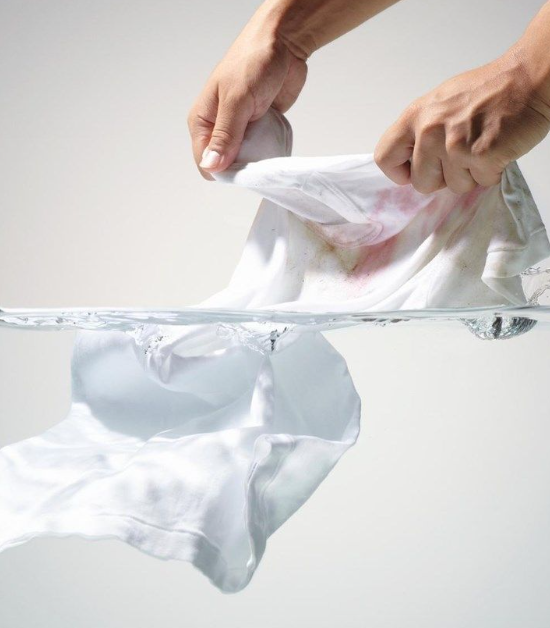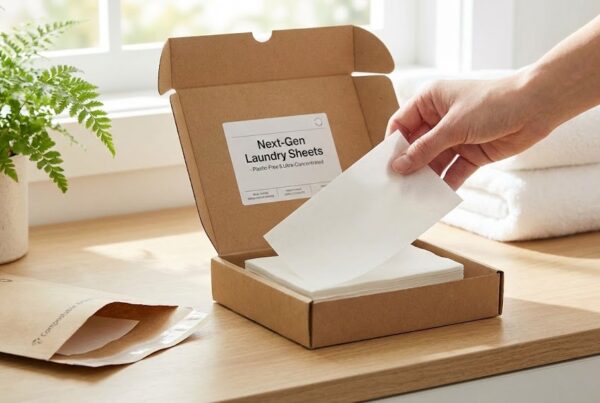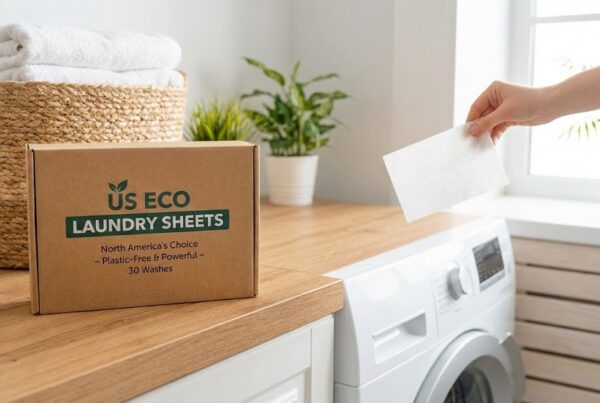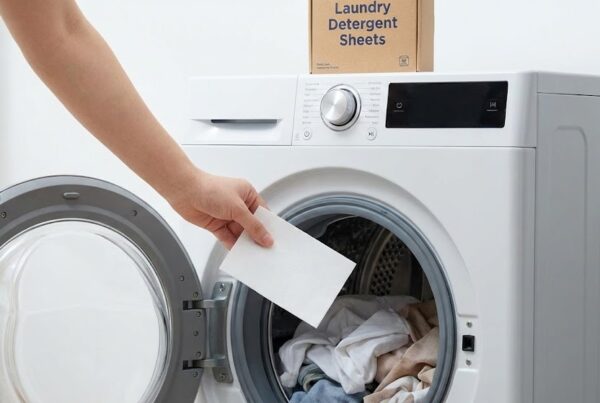Are Laundry Sheets Suitable for Hard Water or Soft Water?
Water quality plays a crucial role in the effectiveness of laundry detergents. Many consumers wonder whether laundry sheets are designed for hard water or soft water and how they perform under different water conditions. This article explores the topic in detail.
1. What Is Hard Water and Soft Water?
The hardness of water depends on the concentration of dissolved calcium and magnesium ions. Based on hardness levels, water can be classified as:
-
Soft Water: Contains low levels of calcium and magnesium ions, produces more foam, and enhances cleaning performance.
-
Hard Water: Has a high concentration of calcium and magnesium ions, which can reduce the effectiveness of detergents, cause soap scum buildup, and affect cleaning results.
2. Do Laundry Sheets Differentiate Between Hard Water and Soft Water?
Most laundry sheets are formulated to work in both hard and soft water conditions. However, in hard water environments, the presence of calcium and magnesium ions may reduce the effectiveness of certain ingredients. To address this, some premium laundry sheets contain water softeners (chelating agents) to minimize the impact of hard water and enhance cleaning power.
3. Choosing Laundry Sheets for Hard Water
If you live in an area with hard water, consider laundry sheets with the following features:
-
Chelating Agents (e.g., EDTA, citric acid salts): These help bind calcium and magnesium ions, preventing them from interfering with the detergent.
-
Highly Effective Surfactants (e.g., non-ionic surfactants): These maintain strong cleaning power even in hard water.
-
Low-Foam or Controlled-Foam Technology: Prevents excessive foam formation, ensuring effective rinsing.
4. Choosing Laundry Sheets for Soft Water
For soft water areas, standard laundry sheets typically perform well. However, excessively soft water can lead to excessive foam, making rinsing difficult. In such cases, opt for low-foam formulas to reduce residue and improve the washing experience.
5. How to Determine Your Water Hardness?
-
Foam Observation: If soap or detergent produces a lot of foam, the water is likely soft. If foam is minimal and forms scum, the water may be hard.
-
Check for Limescale: If white mineral deposits accumulate on kettles or bathroom surfaces, the water is likely hard.
-
Use a Hardness Test Strip: You can purchase a test strip or water testing kit to check water hardness accurately.
6. Conclusion
While most laundry sheets are designed to work in both hard and soft water, those living in hard water areas should choose chelating agent-based, strong cleaning, and low-foam formulas for better results. In soft water areas, using low-foam, easy-rinse laundry sheets helps prevent excessive suds and ensures optimal cleaning performance. Choosing the right laundry sheet based on your water quality can significantly improve your laundry experience.





